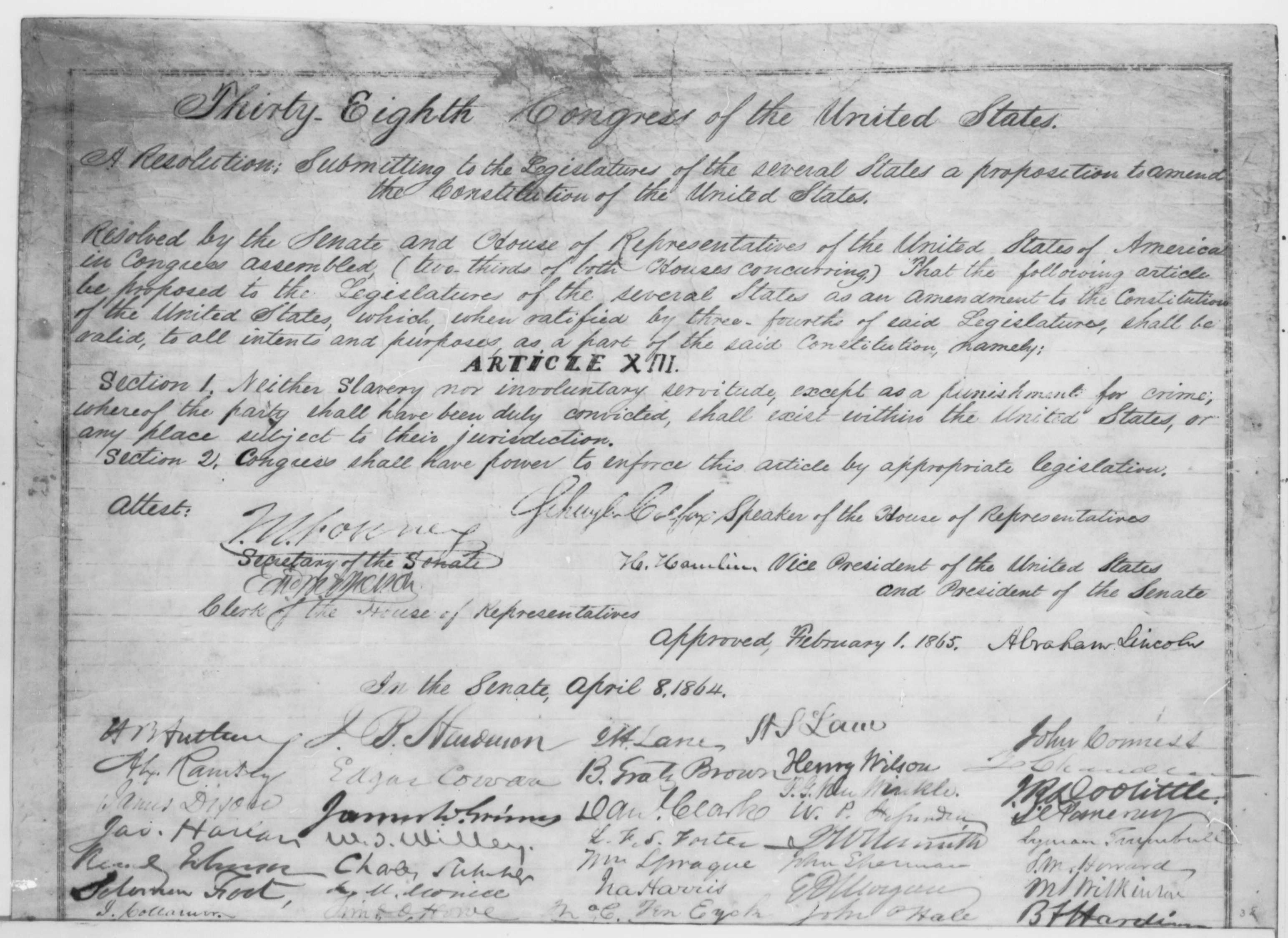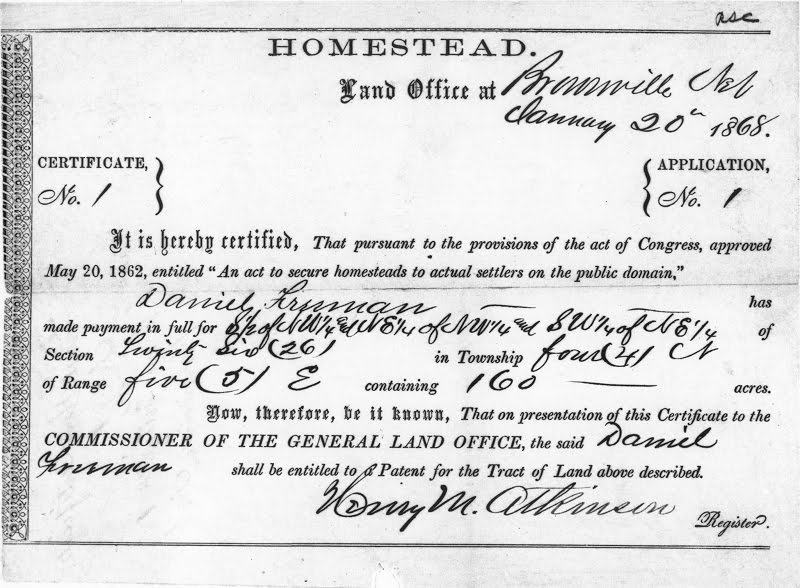In the book review of “Race and Reunion: The Civil War in American Memory, ” by Eric Foner, it sheds light on the distorted memory of the Civil War. The Civil War may have ended, but the battle of how to remember it is still going on. When asked about their opinions on the war, a Southerner will most likely give a completely different answer than a Northerner. This is primarily because of politics. Both the North and the South wanted the memory of the Civil War to be favorable to them. In addition, our perspective of the Civil War depends on how racial relations are in present day.
This is an important issue because historical memories are valuable sources to understanding the past. If memories are manipulated, it will present a biased, false impression of the event. There are many instances of historical happenings that result in different experiences and views. For example, the truth about the first Thanksgiving. In American textbooks, the first Thanksgiving was illustrated to be happy and harmonious. The story goes that the Pilgrims met a nice Native American, called Squanto, who taught them how to plant corn. Out of respect, the Pilgrims invited the Native Americans for a Thanksgiving feast. However, the truth about Thanksgiving is that Pilgrims did not come up with it. Indians had been celebrating Thanksgiving for centuries. Pilgrims were never actually part of it. In the 1890s, the Pilgrims started to be tied in with the tradition after Abraham Lincoln made it a national holiday.
The book is interesting because it reveals the forgotten heroes and repressed memories of the Civil War. It is a useful opportunity to enlighten the people, who previously held certain biases or reservations regarding the war.




